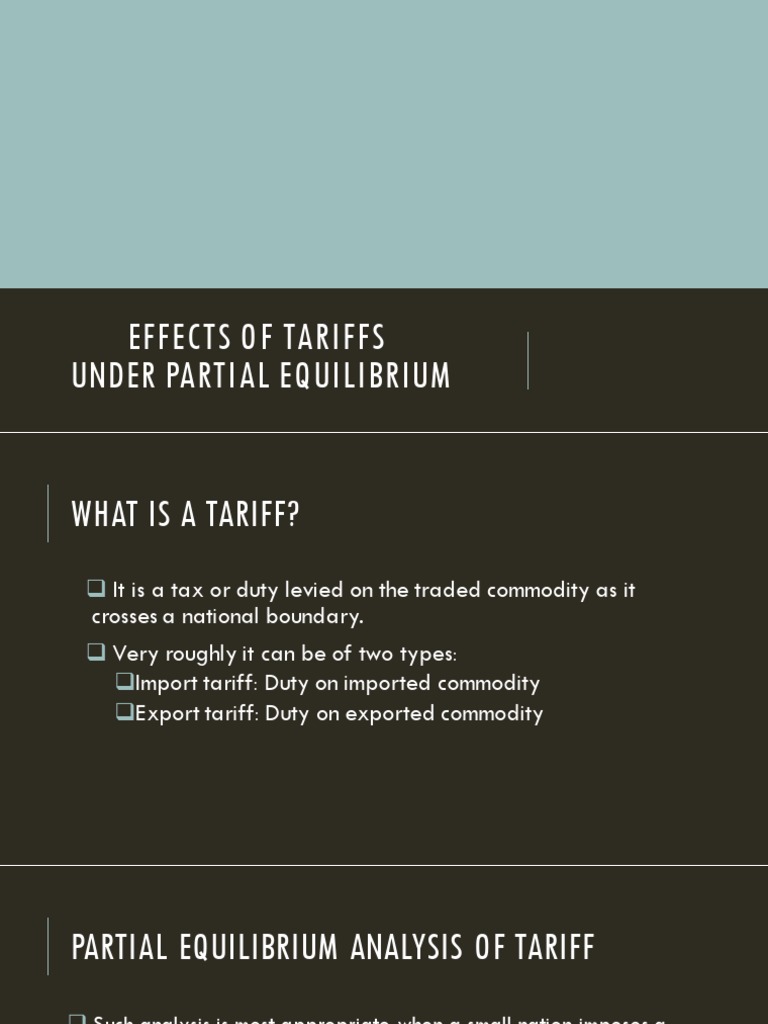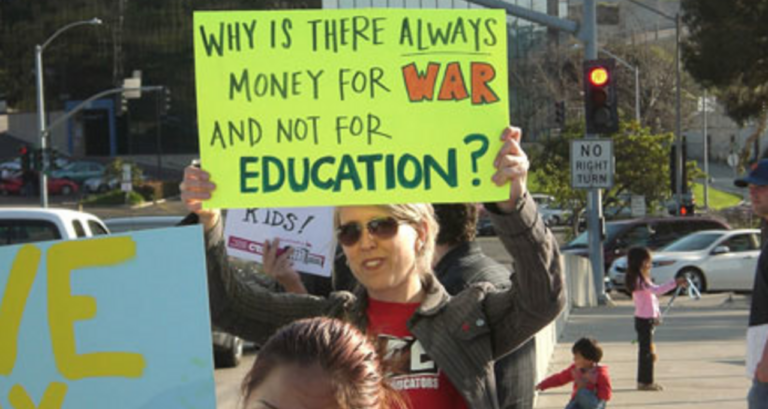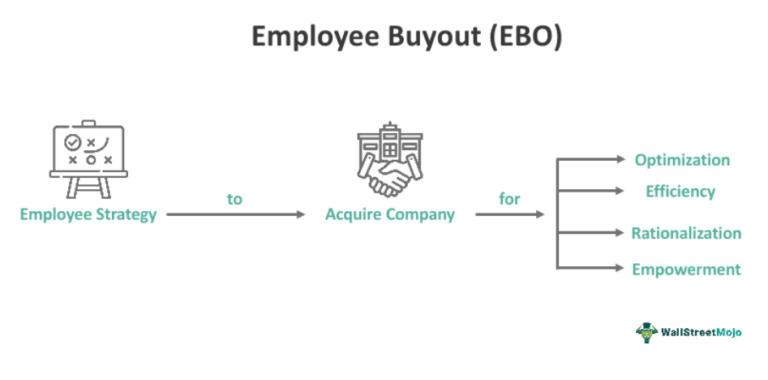
Audience
- Sentiment: Neutral
- Political Group: Mixed
- Age Group: 18-34
- Gender: All
Overview
- The article explains what tariffs are and how they impact consumer prices.
- The Federal Reserve warns that proposed tariffs could lead to higher prices for American consumers.
- The article highlights the potential economic ripple effects of tariffs on everyday spending and job opportunities.
The Future of Prices: How Tariffs Could Affect Your Wallet
Have you ever felt like you went to the store and suddenly the price of your favorite snack skyrocketed? Maybe that once-a-week pizza night with friends became a little too expensive. You might have heard your parents talk about things like inflation and economic policies, but have you wondered what causes these changes? Well, recently, there’s been a lot of chatter about something called tariffs, especially since President Donald Trump has proposed some that could really impact how much money we spend on everyday things.
Let’s break it down and explore what tariffs are, how they could affect prices, and what the Federal Reserve has to say about it all.
What Are Tariffs, Anyway?
First things first, let’s get clear on what tariffs actually are. Tariffs are taxes imposed by a government on imported goods. So if a country wants to sell a car made in another country, they might charge extra money on top of the car’s price, making it more expensive. The idea is to encourage people to buy products made at home instead of abroad. It’s like when you’re at school and your teacher announces that a local bake sale is being held, and she encourages everyone to support it because it helps the school.
When a country introduces tariffs, it can lead to higher prices for consumers. Why? Because companies that import goods may decide they need to raise their prices to cover the additional costs. Imagine if that pizza place you love has to pay more for the cheese because of tariffs on dairy products; they might charge you an extra couple of dollars to keep their business running.
The Fed’s Warning
Recently, the Federal Reserve — which is kind of like the country’s bank that helps control the economy — warned that these proposed tariffs could lead to rising prices for American consumers. In notes from a meeting held earlier this year, the Fed raised concerns about how these tariffs could disrupt what’s called “disinflation.” Disinflation is a complicated term that basically means prices are rising at a slower pace. So, instead of pizza prices going up by a dollar every month, it might go up by just fifty cents. That’s good for your wallet! But with these new tariffs, it looks like prices might start to climb a little faster.
How Tariffs Affect All of Us
Now, you might be thinking, “Okay, so prices might go up — but how does that hit home for me?” Think about the last time you went shopping. Whether you’re buying snacks, clothes, or even electronics, you’re squeezing your money to get what you want — just like everybody else. When companies raise their prices to cope with tariffs, it means you’ll have to spend more to get the same things. This can be especially tough for families on a tight budget.
Let’s put it into a real-world example. Imagine you and your friends are planning to go to a concert. You’ve saved up enough money for a ticket, snacks, and even some merch. But then, when it’s concert day, you find out that the prices for everything have jumped because of tariffs on merchandise. Suddenly, what used to be affordable becomes out of reach. Instead of three cool band T-shirts, you can only buy one.
That’s the kind of situation the Fed is worried about. If these tariffs go into effect, the increase in prices can hit everyone, especially students eager to enjoy their favorite activities.
The Fed’s Dilemma
So what’s the Federal Reserve doing about it? Well, they keep a close eye on all sorts of economic data, which means they look at how prices are changing, how much people are buying, and even how much money is available in the economy to lend. They have a tough job, mainly because they are expected to help keep prices stable without getting too tangled up in political matters or pressures from the government.
Chairman Jerome Powell, the leader of the Fed, has stated they want to stay focused on facts and statistics rather than politics. But when the President is suggesting big changes to tariffs, it’s hard to ignore the potential impacts, and it raises questions about the Fed’s independence from government influence. Should policymakers have more control over the economy, or should institutions like the Fed work without pressure? That’s a debate that keeps economists and politicians buzzing.
Currently, interest rates — the cost you pay to borrow money — are hanging around 4.25% to 4.5%. This is the percentage banks charge for loans, including things like house mortgages or car loans. If inflation (or rising prices) were to speed up due to tariffs, the Fed might consider changing interest rates to keep things in check. However, analysts don’t expect many cuts to interest rates anytime soon. It’s all about balance!
It’s A Big Picture Problem
You might wonder how this all connects to stuff that seems abstract or far away. Well, think about it this way: the economy is a massive web, and everything is interconnected. When tariffs increase prices, it doesn’t just affect you at the store. It can also mean that everything from your favorite after-school hangouts to the cost of summer camp can get pricier.
The uncertainty around trade and other policies is like a snowball rolling downhill; it gathers more and more snow (or in this case, more challenges) as it progresses, affecting various sectors. That means businesses might hesitate to hire new employees or expand their operations because they’re unsure what the future holds. And when businesses aren’t expanding, it limits job opportunities for students like you, who are getting ready to jump into the workforce soon.
Time to Think
As we reflect on this, it’s evident that the decisions made by government leaders can have a ripple effect throughout the economy. It’s not just numbers on a screen; these decisions impact our daily lives. With the looming possibility of higher prices due to tariffs, now might be a great time to discuss money management with your family. How can you save a bit more, or perhaps think twice about spending?
In the vast world of economics and tariffs, understanding how decisions at the top can trickle down to affect you is important. It could fuel your interest in subjects like government, economics, or public policy. What do you think? How would you handle the possibility of rising prices if you had a say in matters of the economy? I’d love to hear your thoughts! Feel free to share your comments below!





